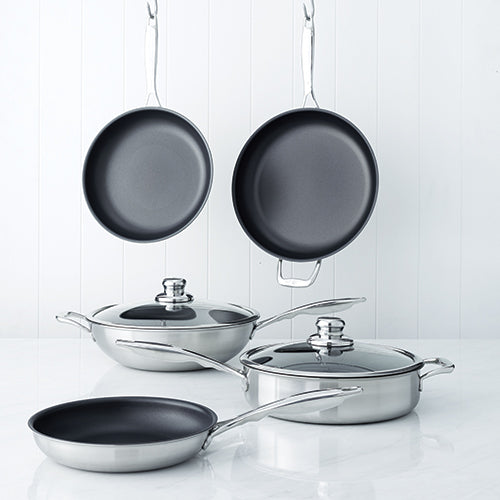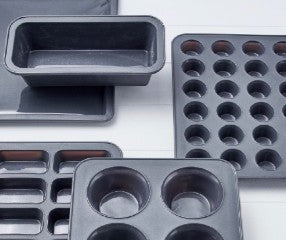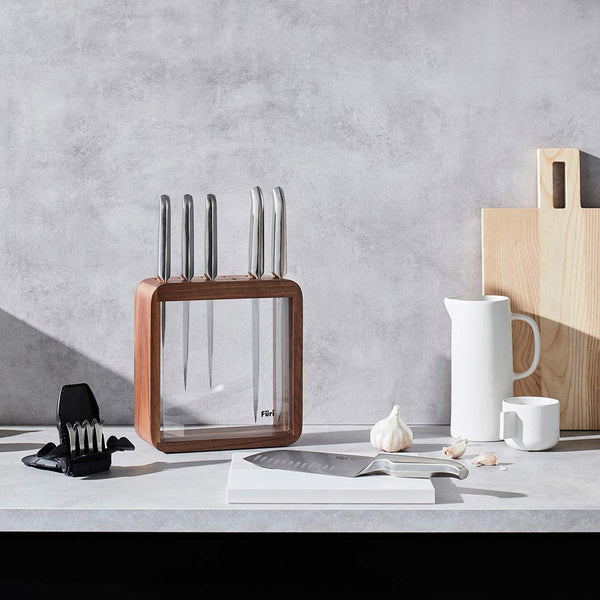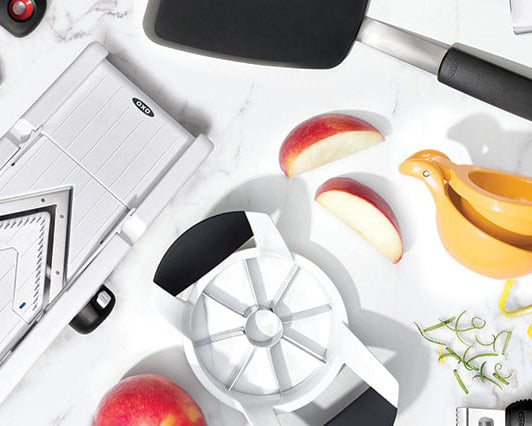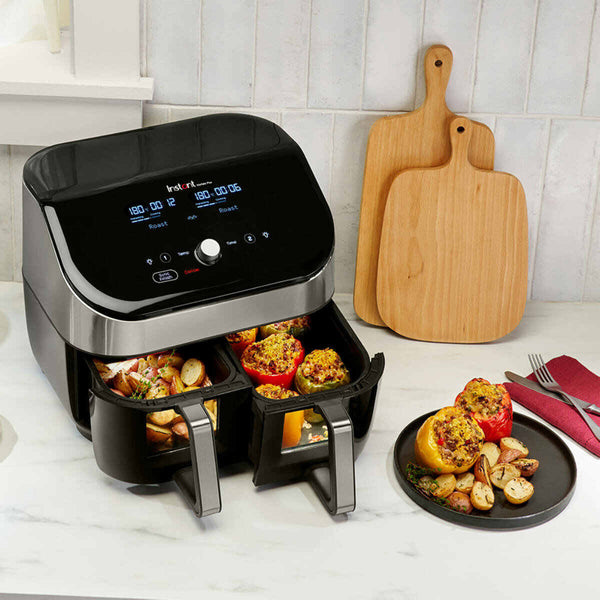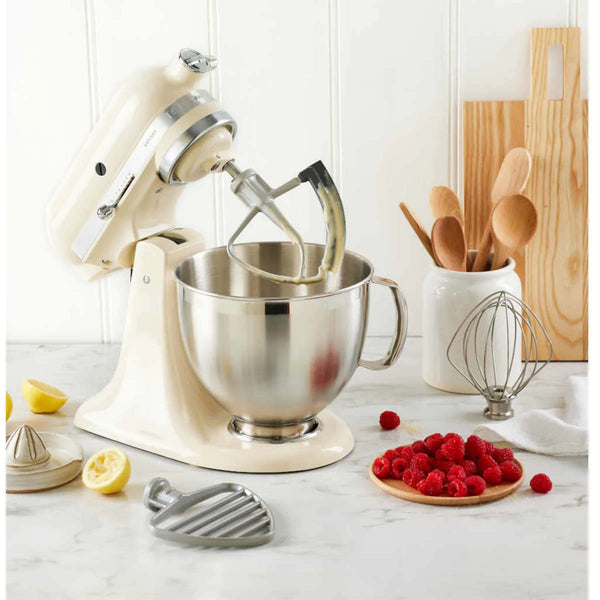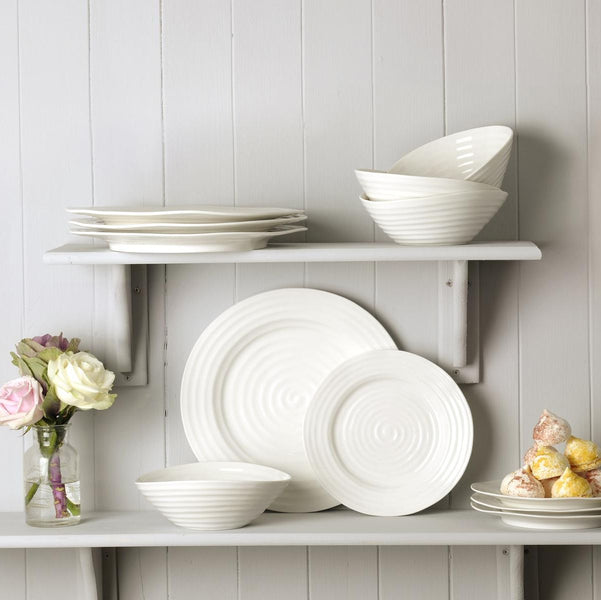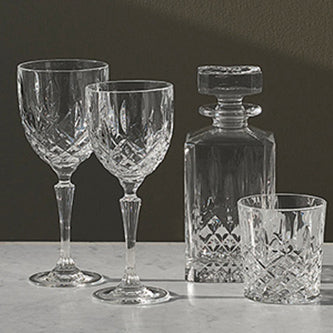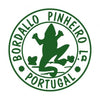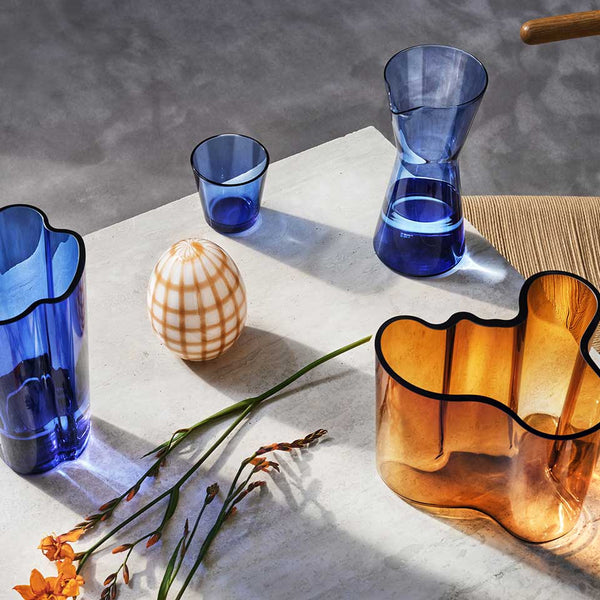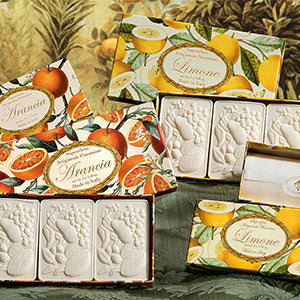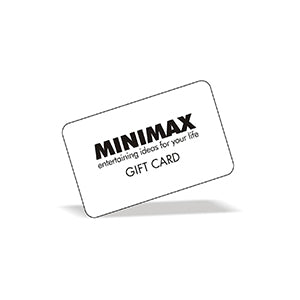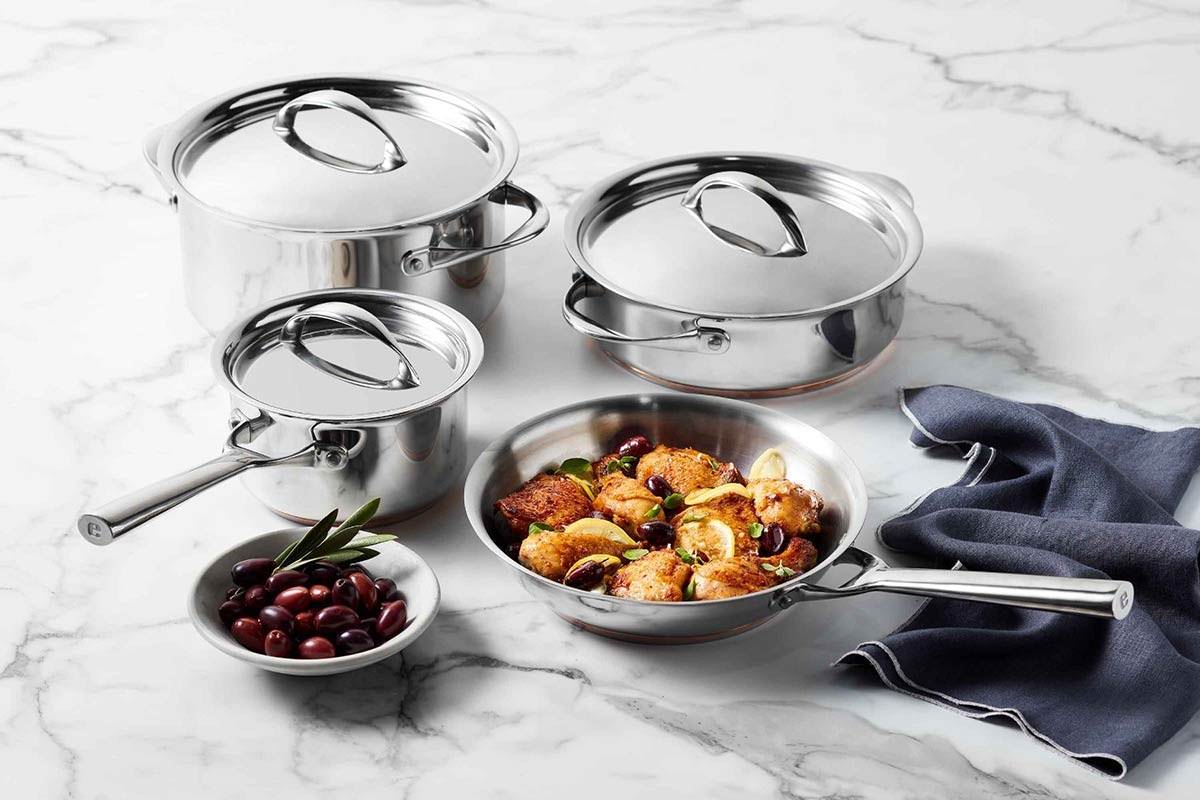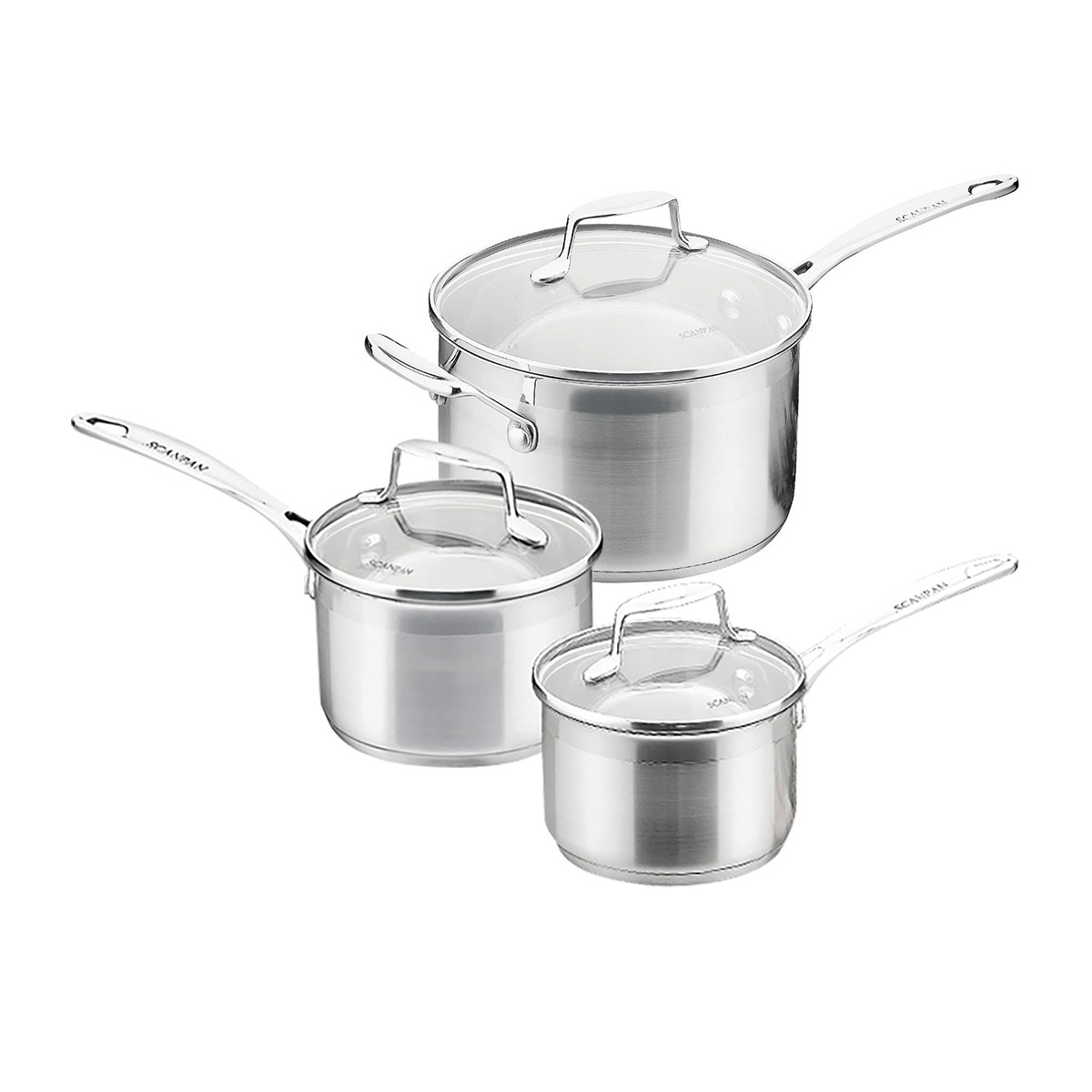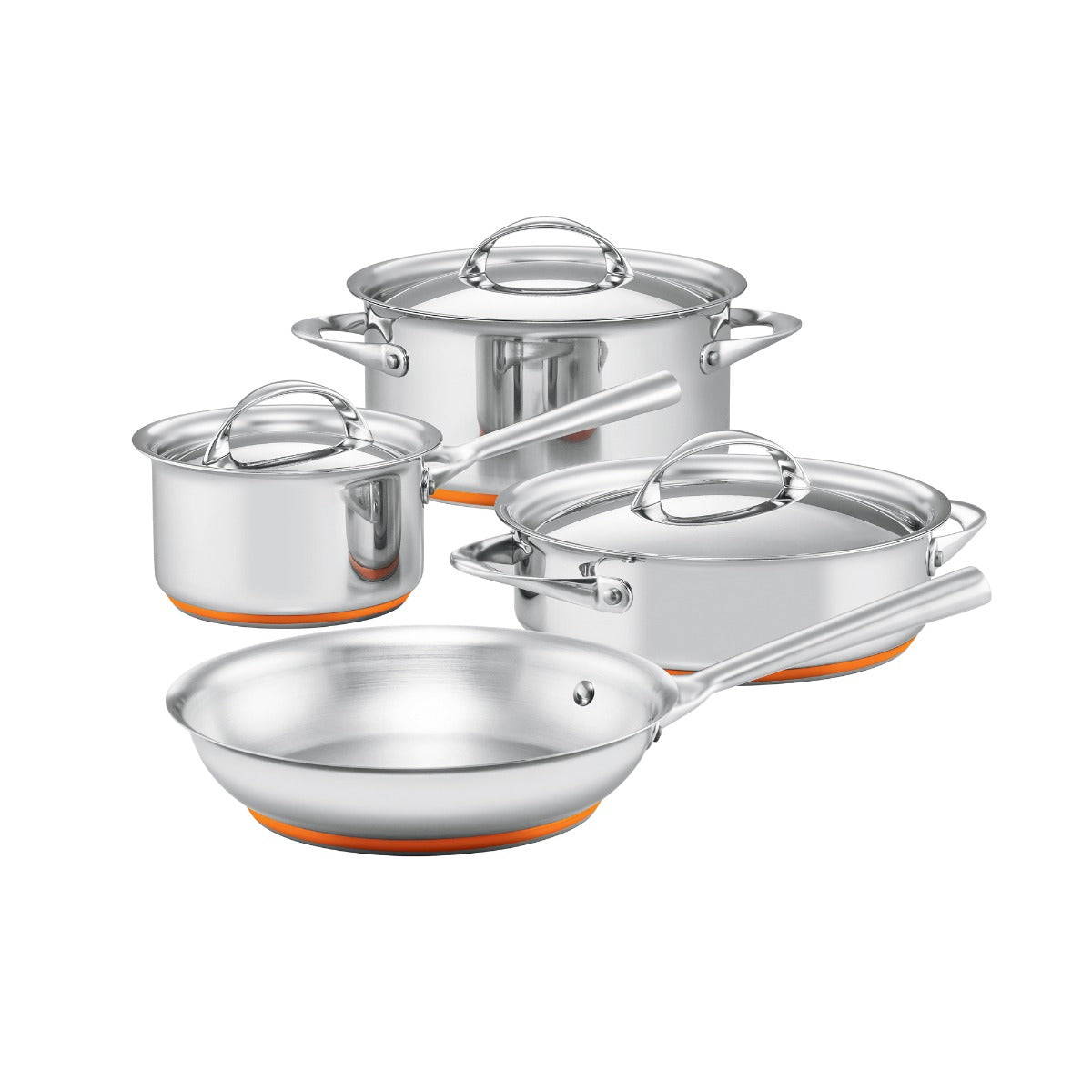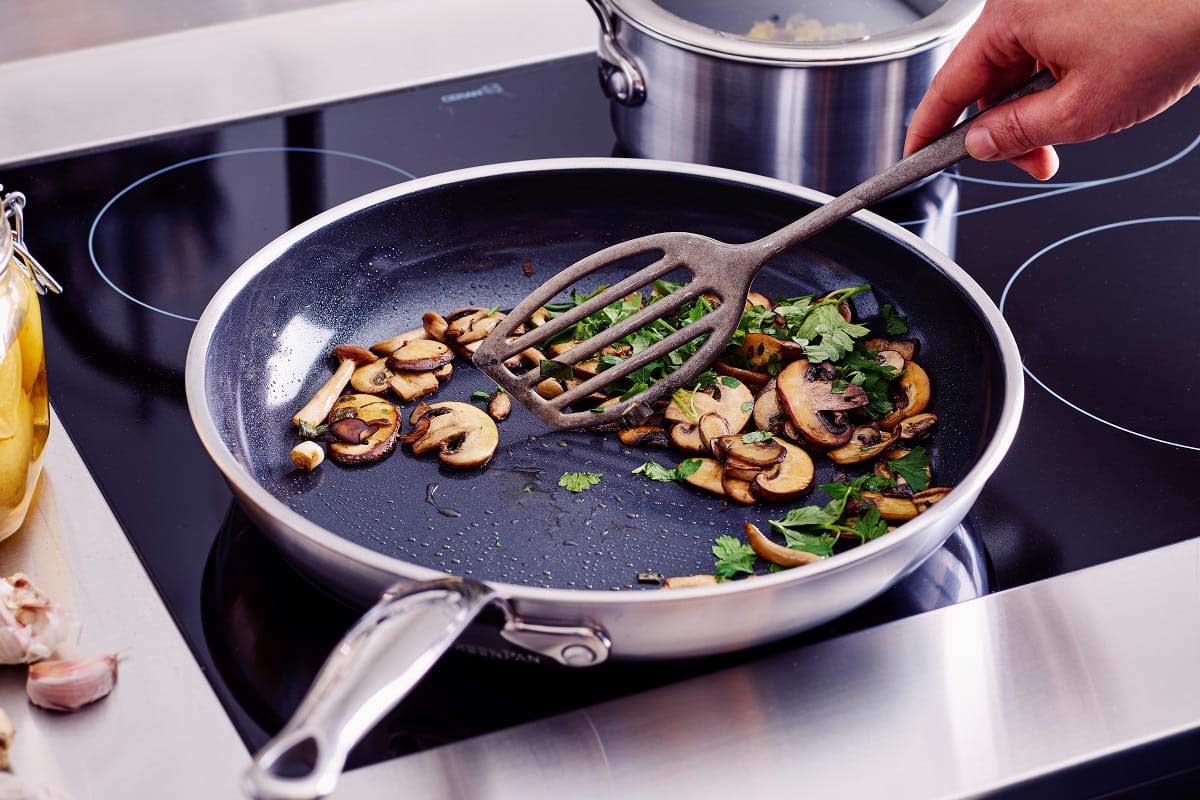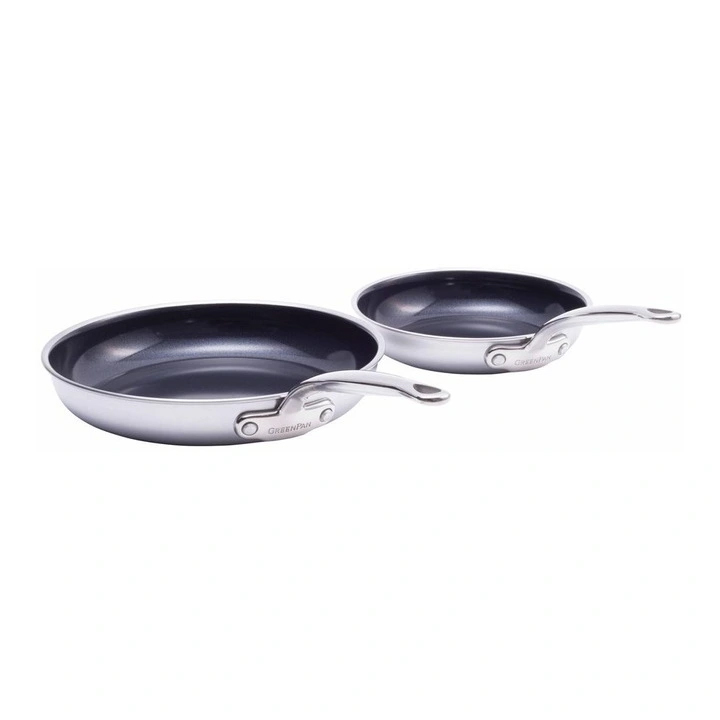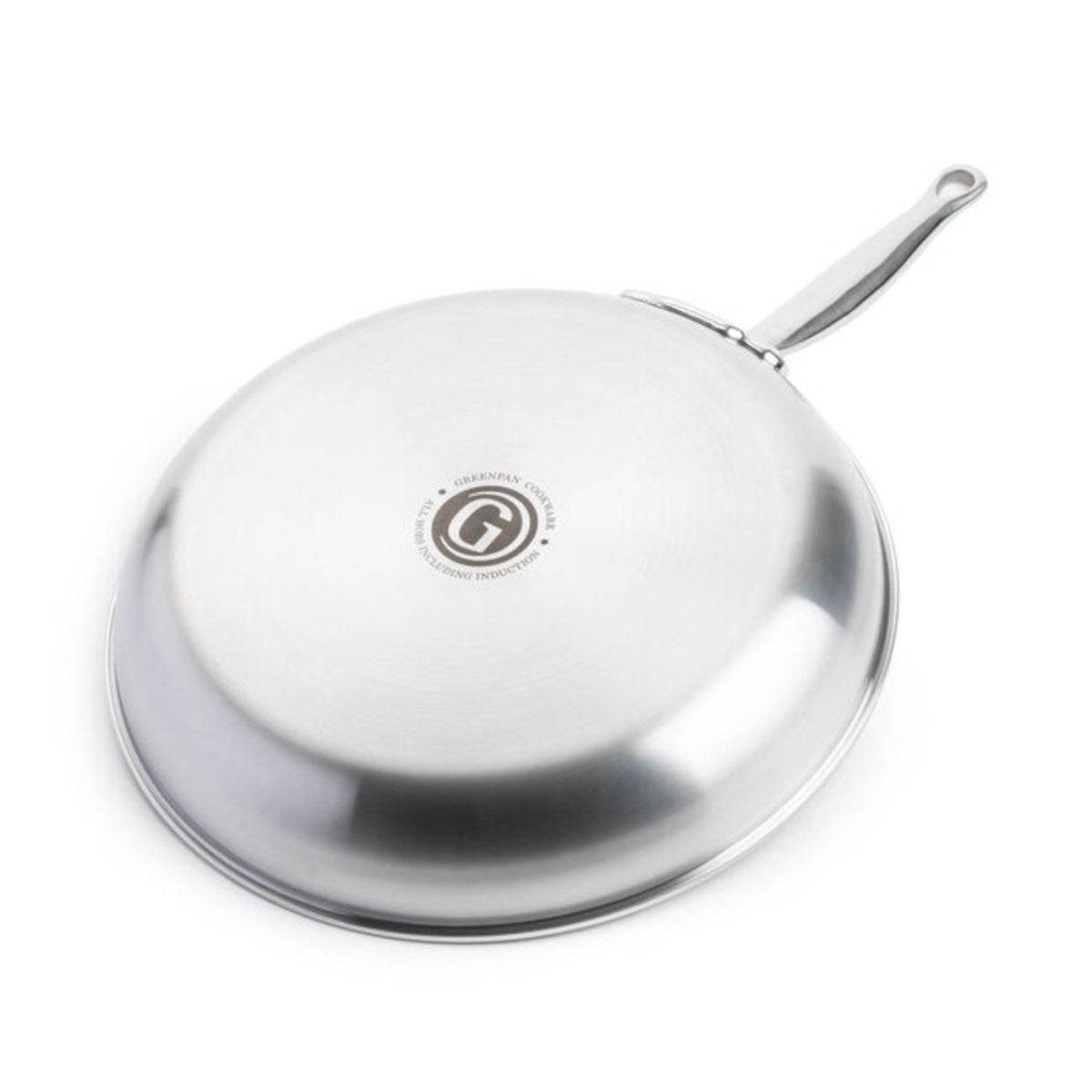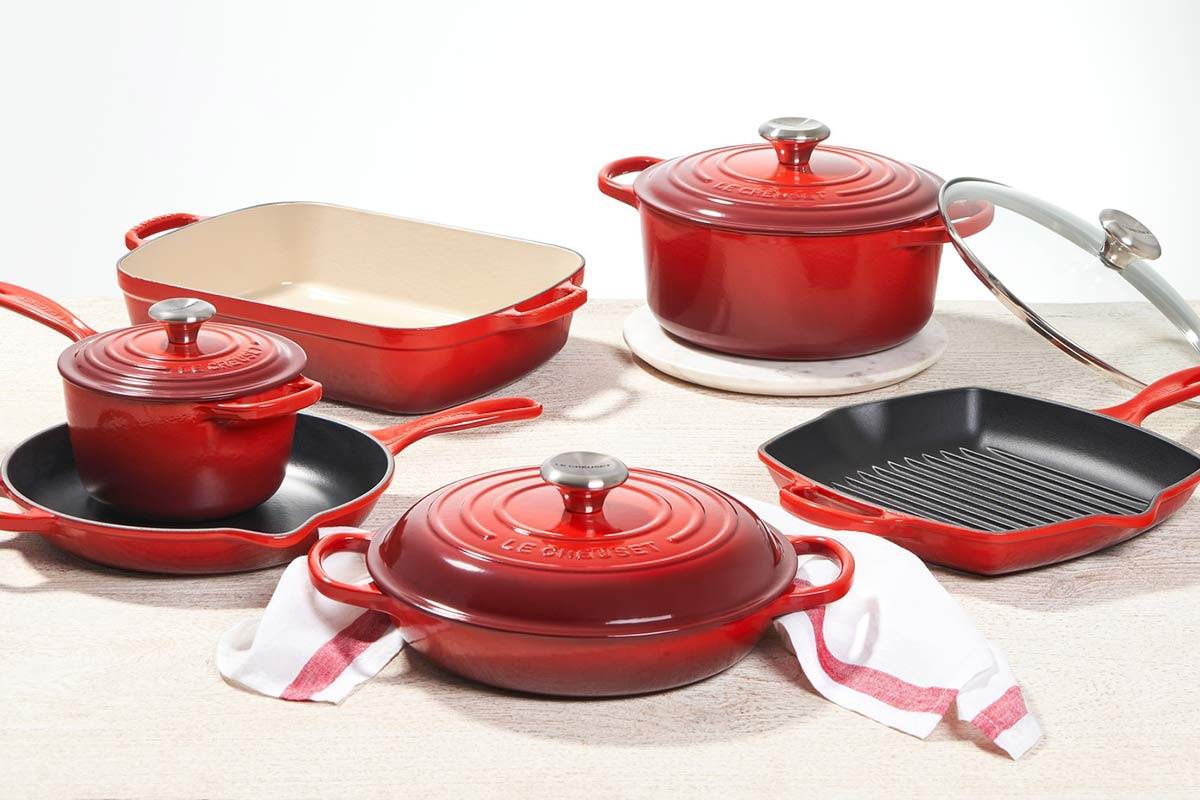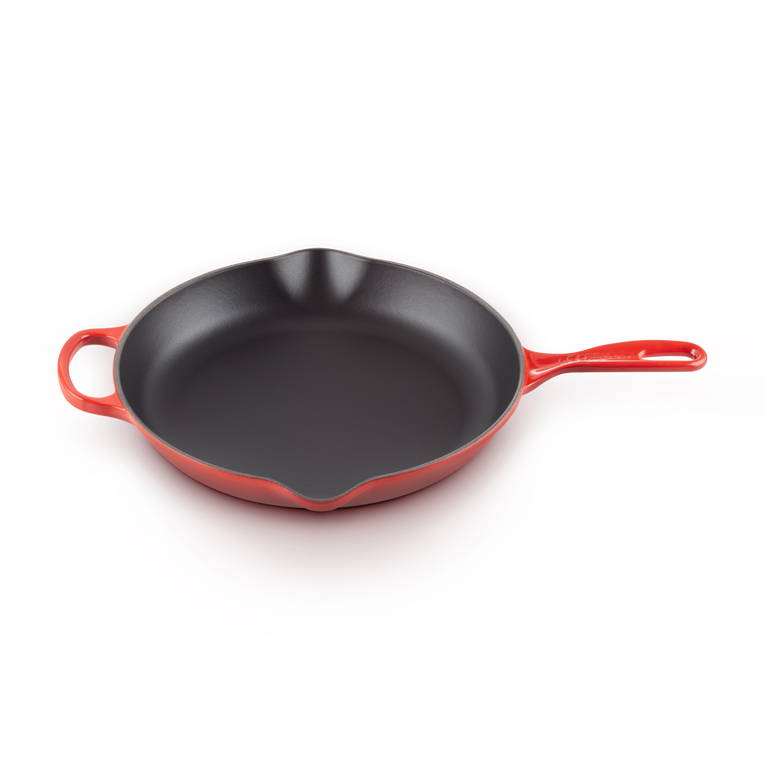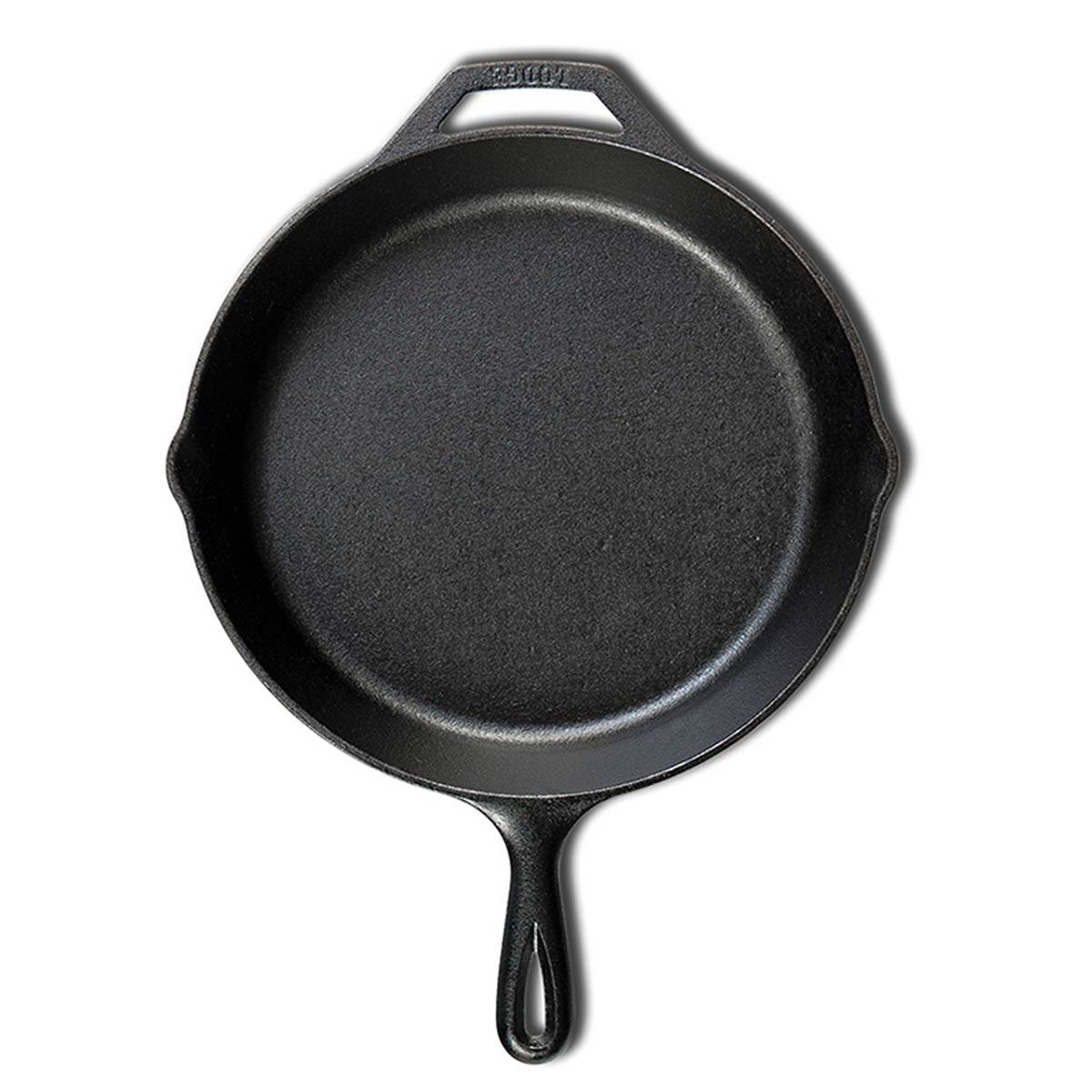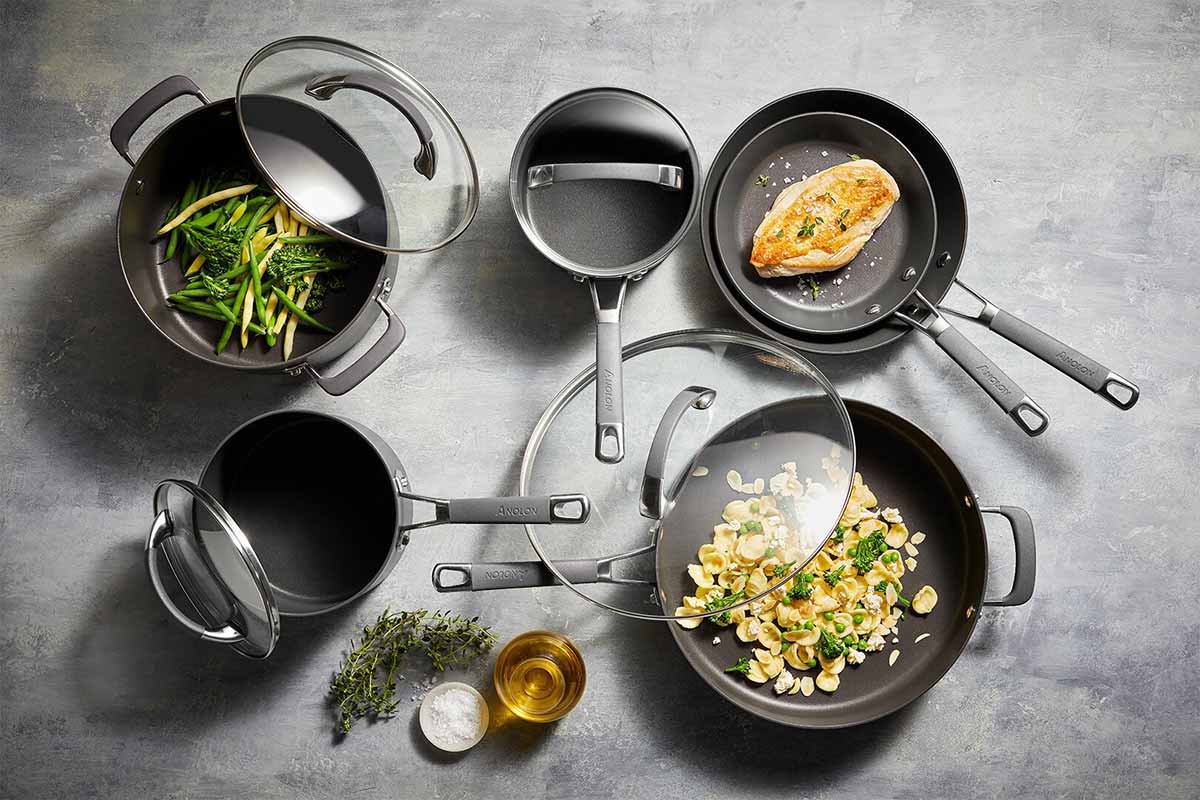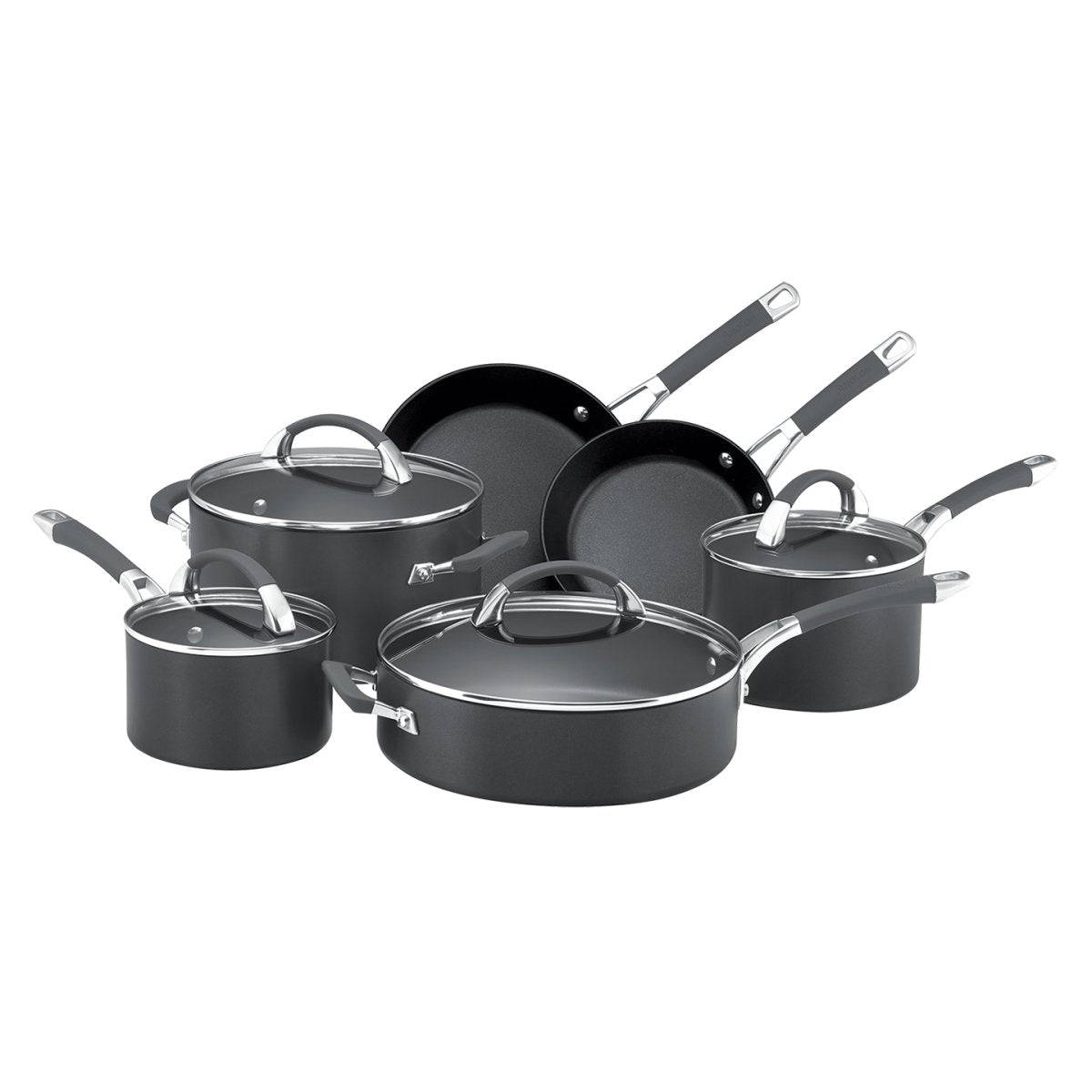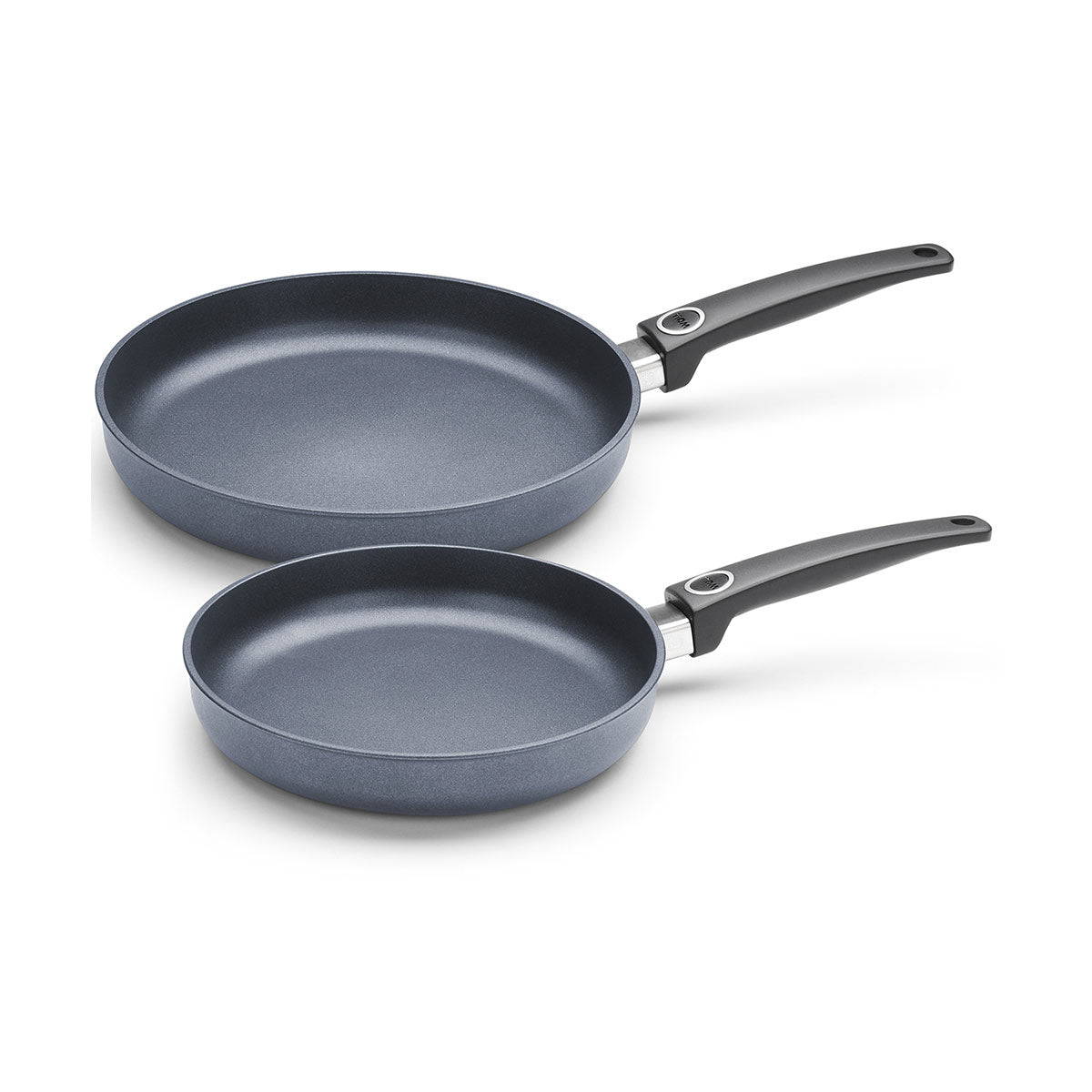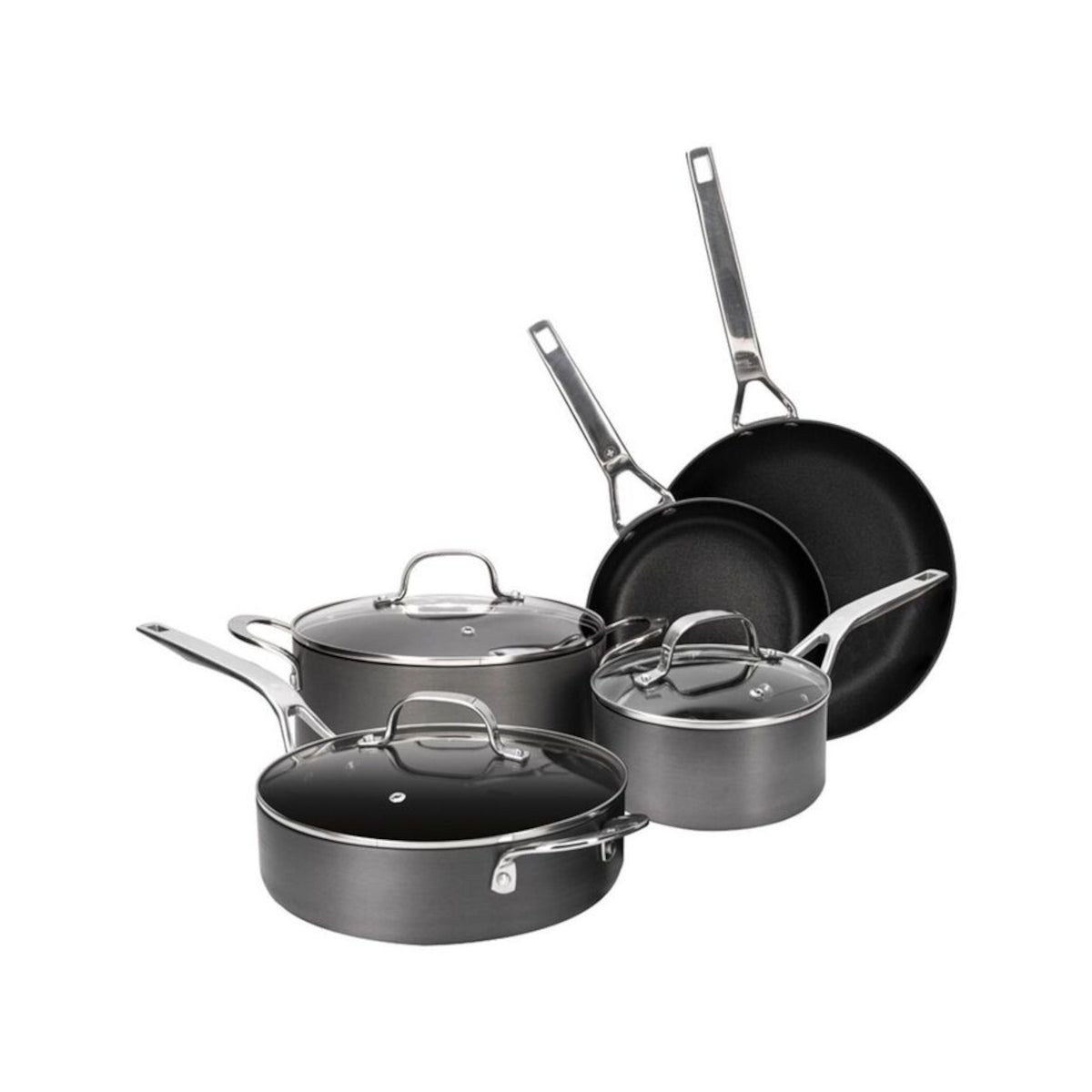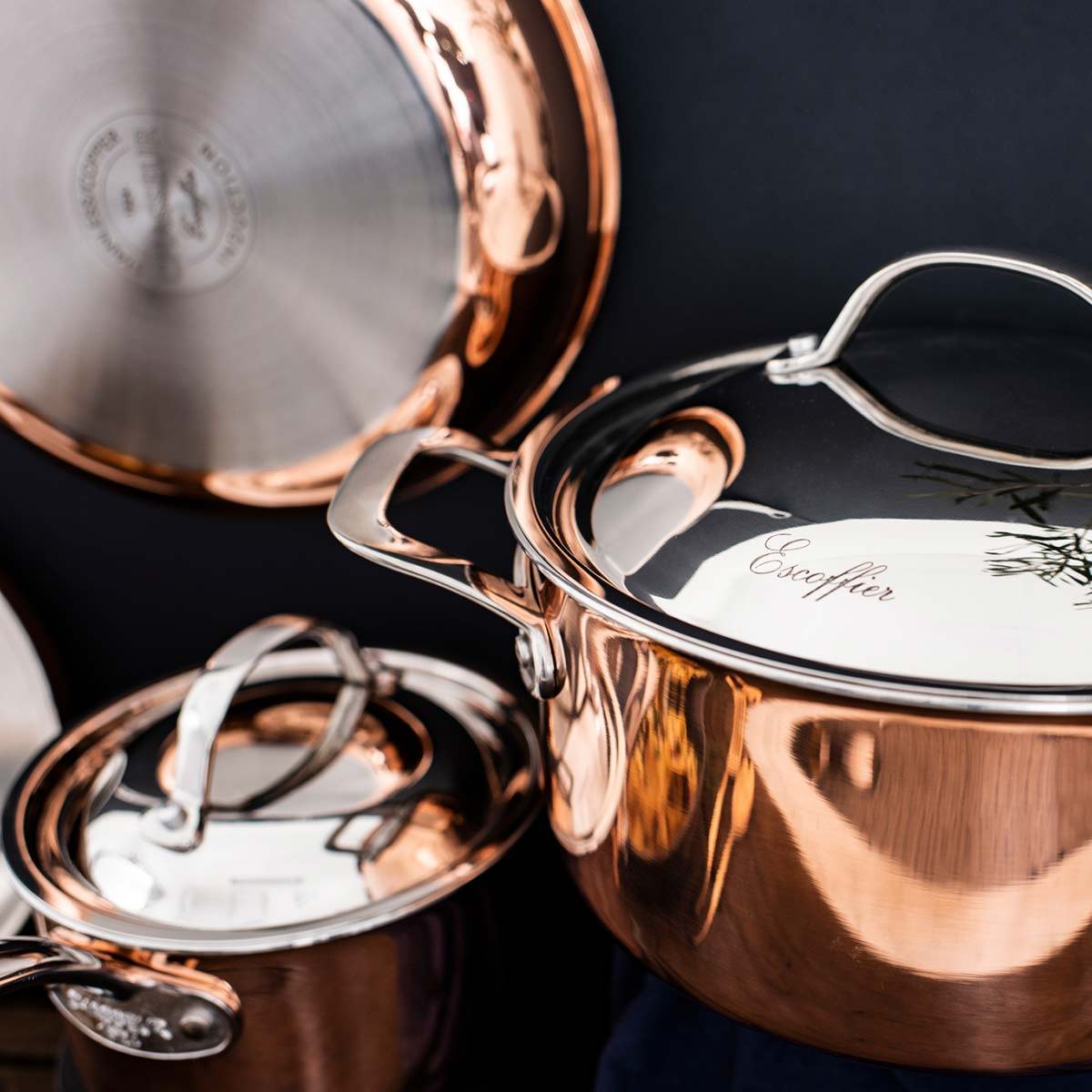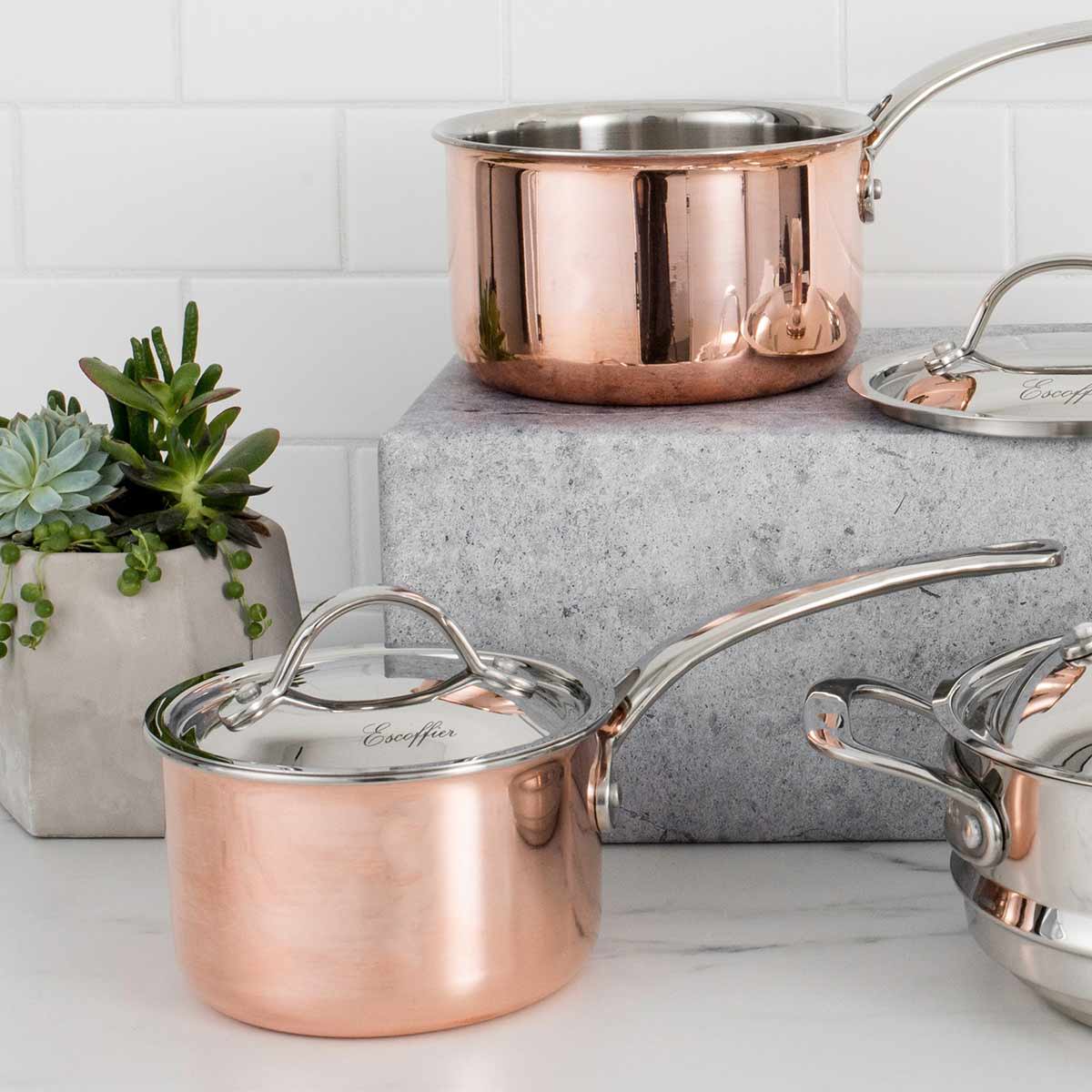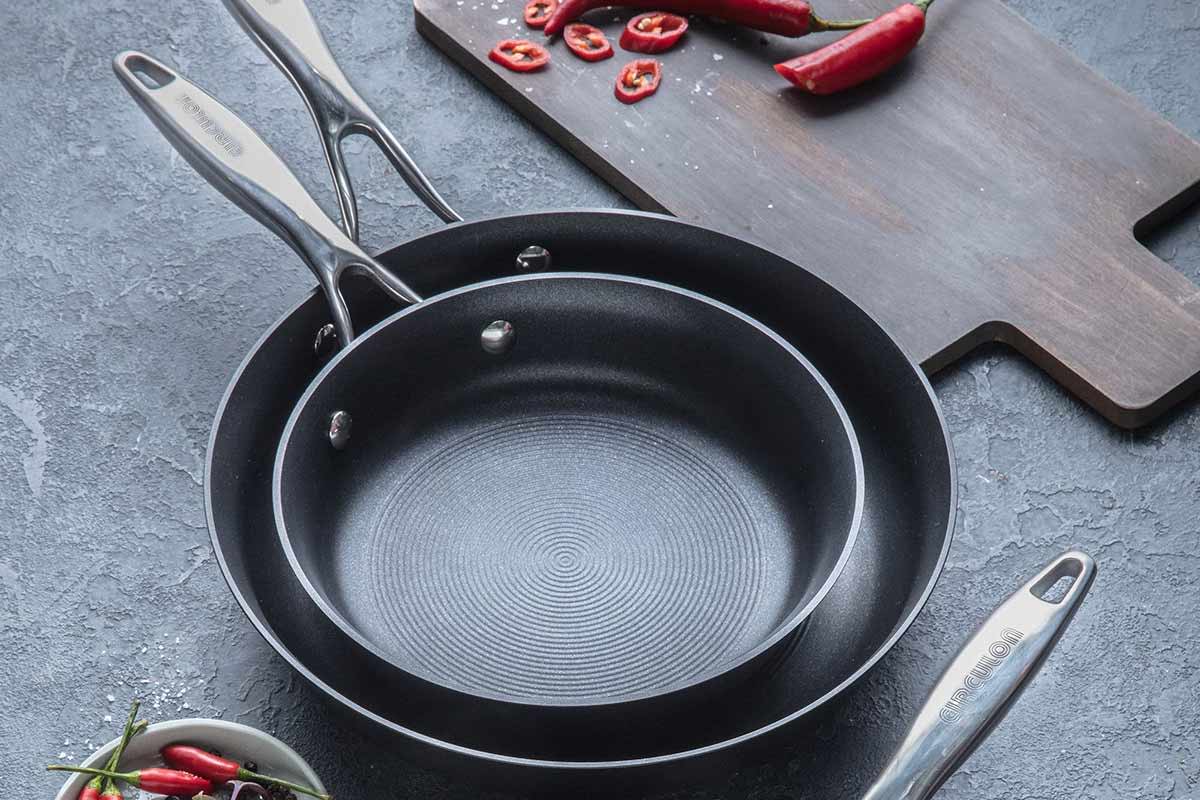
Cooking is an art, and choosing the right cookware is as essential as the brushes and the materials an artist uses to complete their work of art. The quality of the cookware you choose can significantly impact the taste, texture, and appearance of the food you prepare. When it comes to choosing the best cookware material, the options are vast. The primary cookware materials widely used in the kitchen are stainless steel, ceramic, cast iron, aluminium, copper and non-stick options.
Let’s compare these materials and help you decide which is best for your cooking needs.
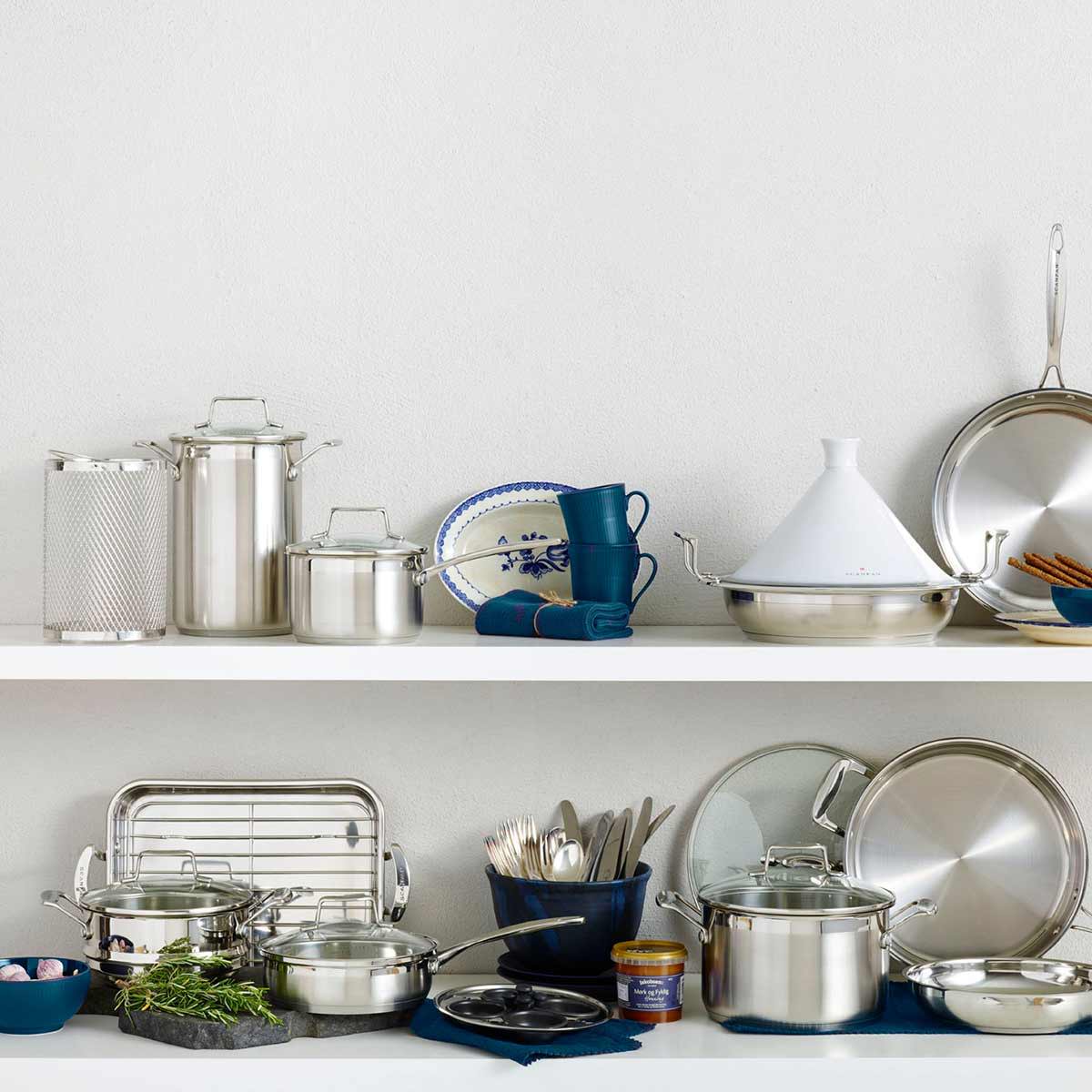
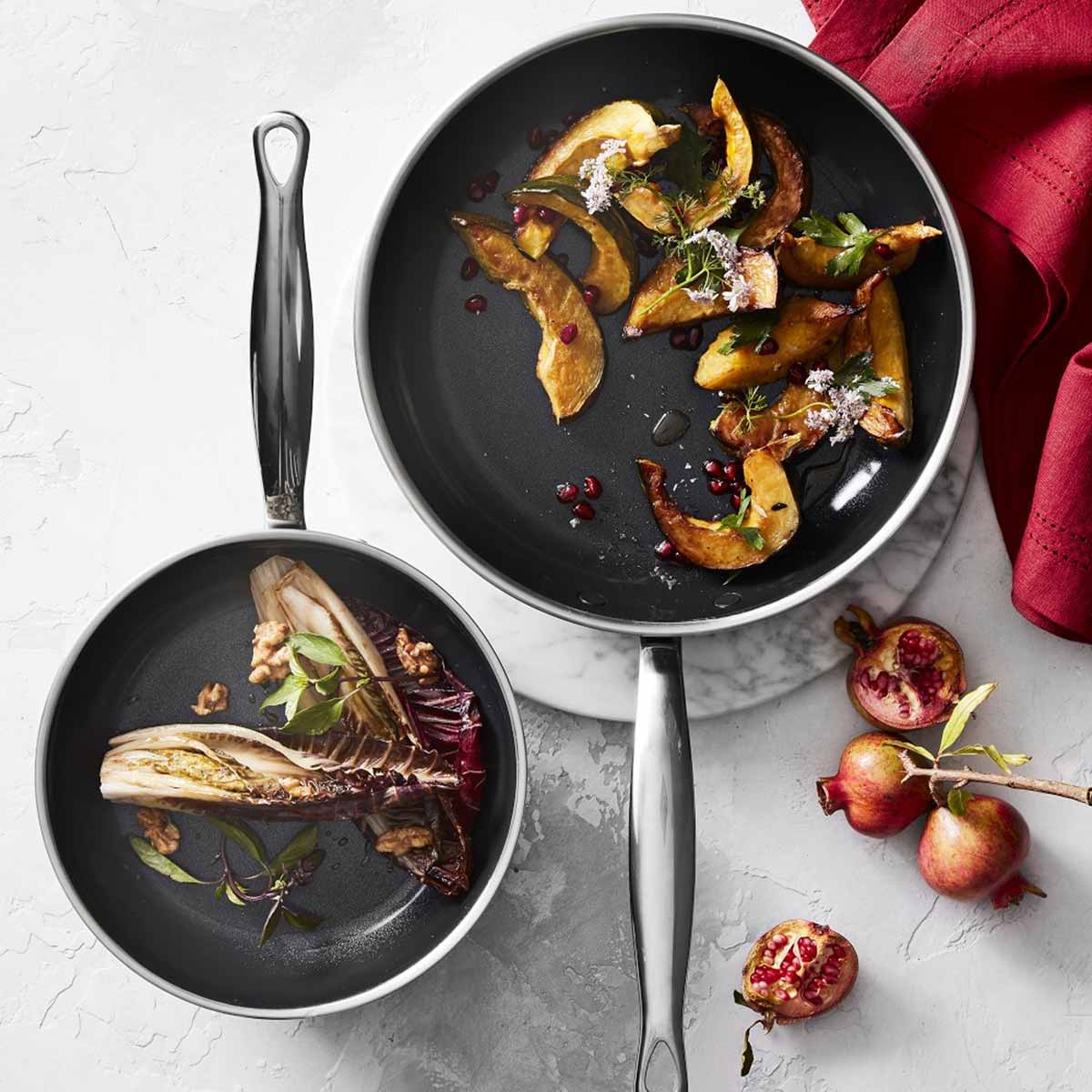
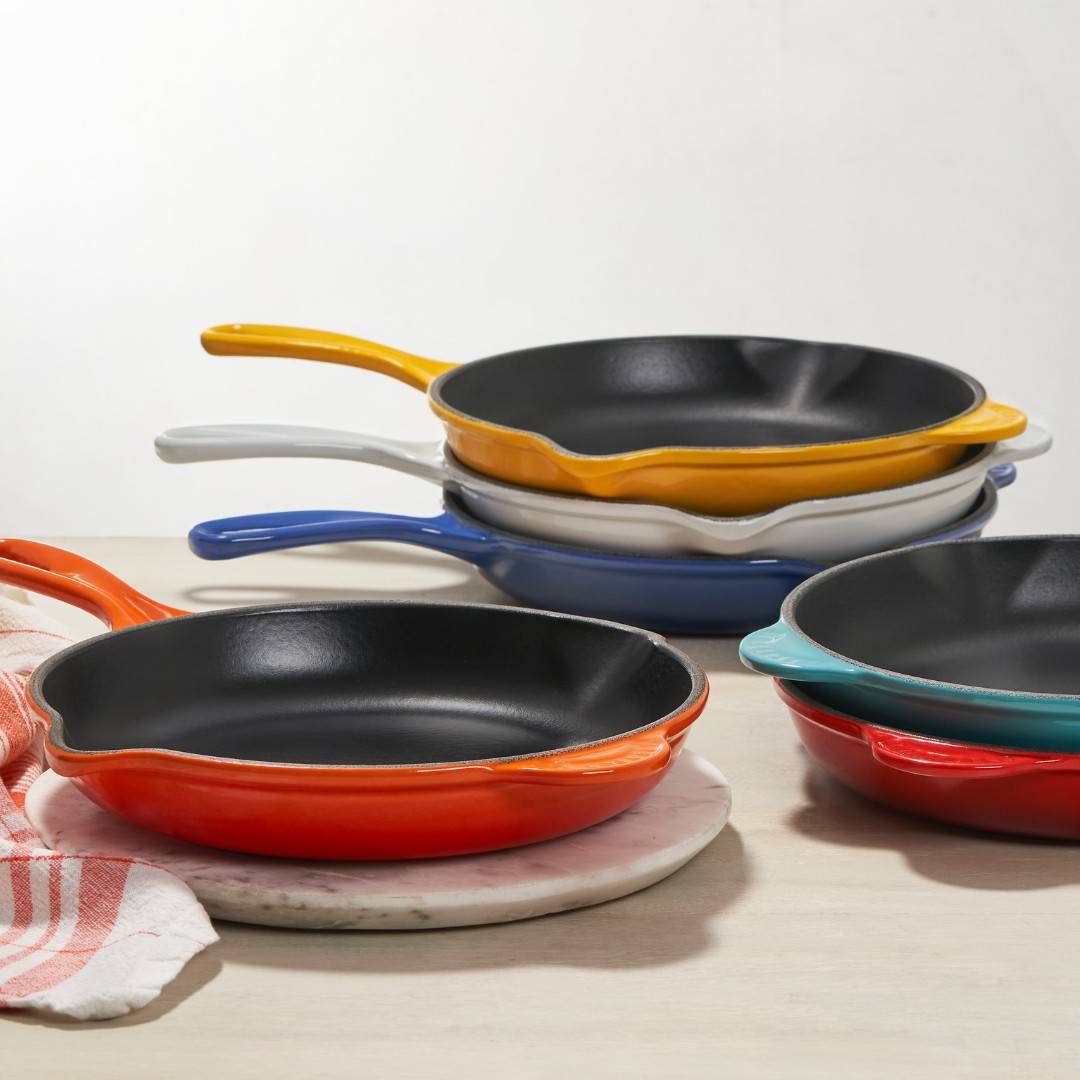
Your Minimax Guide To Cookware Materials
Cookware materials options have come a long way over the years. Choosing the suitable cookware material for your kitchen can be confusing with new and improved options available. Stainless Steel, Ceramic, Cast Iron and Aluminium are popular cookware materials, each with pros and cons. Other cookware options include Copper and Non-Stick.
Understanding the characteristics of each of these materials will help you make an informed decision when shopping for cookware.
Stainless Steel Cookware
Stainless Steel is the best cookware material for everyday cooking and is suitable for cooking all types of food.
Stainless steel is a durable and long-lasting cookware material that has been around for many years. It is famous for its ability to withstand high heat, making it suitable for various cooking techniques, including sautéing, boiling, and browning. Stainless steel cookware also has a sleek and modern appearance that can complement any kitchen decor.
Stainless steel cookware is a popular choice for many home cooks because of its durability and resistance to staining and corrosion. Stainless steel cookware is typically made by bonding a layer of stainless steel to an aluminium or copper core, which provides excellent heat conductivity. Stainless steel cookware is also dishwasher-safe and easy to clean.
Be on the lookout for stainless steel cookware made from high-grade stainless steel (18/10), which has 10% nickel and 18% chromium (added for rust resistance). This type of stainless steel is typically used to create high-quality cookware (for acid resistance). Another option is 18/8 stainless steel, which has 8% nickel and qualities similar to 18/10.
Advantages:
- Durable and long-lasting
- Good heat conductivity
- Resistant to high heat
- Sleek and modern appearance
- Easy to clean
- Dishwasher safe
- Does not react with acidic foods
Disadvantages:
- Heavy and challenging to handle
- Not naturally non-stick
- More expensive than other cookware materials
- Can scratch or dent easily
- Can develop hot spots during cooking
Recommended Cookware Brands - Stainless Steel
Scanpan
Few products can match the attractiveness of the Scanpan cookware collection at Minimax. We recommend the three-piece Scanpan Impact set made from SCANPAN's Impact stainless steel for unbeatable strength and durability.
Essteele
Created in Milan, the world's fashion city, Essteele stainless steel cookware embodies everything you would expect from the epicentre of Italian design and flair. We recommend the four-piece Essteele Per Vita cookware set for its solid copper base that ensures optimum heat control and perfect cooking conditions every time.
Ceramic Cookware
Ceramic cookware is the best non-toxic cooking material because it is entirely non-reactive and contains no chemical additives. Cooking with ceramic also requires less oil than non-stick cookware options.
This relatively new material in cookware, ceramic, has become popular due to its non-toxic and eco-friendly properties. Ceramic cookware is also known for retaining heat well, making it a good choice for slow-cooking techniques like braising and simmering. Ceramic cookware is made from a mixture of clay and other minerals and is known for its non-stick properties. Ceramic cookware is also free from harmful chemicals like PFOA, PTFE, and cadmium, making it a healthier option for cooking.
Advantages:
- Non-toxic and eco-friendly
- Retains heat well
- Easy to clean
- Does not react with acidic foods
- Lightweight
- Available in a variety of colours and designs
Disadvantages:
- Fragile; can crack or chip easily
- Expensive
- Not suitable for high-heat cooking techniques; prone to warping
Recommended Cookware Brands - Ceramic
GreenPan
Creators of the original healthy ceramic non-stick cookware, Minimax is an official stockist of GreenPan, the trusted go-to brand for non-toxic, easy-to-clean and easy-to-use pots and pans. We recommend the GreenPan Premiere Frypan Twin Pack for its Diamond Advanced non-stick ceramic finish that enables maximum heat transfer and durability.
Cast Iron Cookware
Cast Iron Cookware is the best cookware material for frying, searing and slow cooking thanks to its durability, heat retention and rustic kitchen style. Cast iron is a fantastic option for steaks or shallow-frying food in oil.
Cast iron cookware has been around for centuries and has been a staple in many kitchens. It is known for its ability to retain heat well and its durability. Cast iron cookware is versatile and can be used on the stovetop, in the oven, and even over an open flame.
As the name suggests, cast iron cookware is made from iron that has been moulded into the desired shape and then seasoned with oil. Cast iron cookware is known for its excellent heat retention and distribution, making it ideal for high-heat cooking like searing and pan-frying.
Advantages:
- Excellent heat retention and distribution
- Suitable for all stovetops, including induction and open-flame cooking
- Naturally non-stick if correctly seasoned
- Can last for generations with proper care
- Improves with use
- Inexpensive
- Substitute for a heavy skillet or Dutch oven
Disadvantages:
- Heavy and challenging to handle
- Prone to rust if not correctly seasoned and stored
- Not dishwasher safe and requires special cleaning and maintenance
- Can react with acidic foods
- Can be prone to hot spots during cooking
Recommended Cookware Brands - Cast Iron
Le Creuset
Individually hand-crafted in France since 1925, the Le Creuset Cast Iron range features easy-grip handles, a tight-fitting lid, toughened, easy-to-clean enamel interior, and a stylish, stainless steel knob. We recommend the Le Creuset Signature Round Skillet, the ideal kitchen tool for searing, browning and crisping whatever your heart desires.
Lodge
Known for its re-seasoned cookware, Lodge cast iron cookware eliminates the hassle of prepping cast iron for the kitchen. We recommend the fantastic Lodge Cast Iron Skillet 26cm for its timeless design and flawless function.
Aluminium Cookware
Aluminium cookware is a durable, lightweight option that conducts and distributes heat evenly for faster cooking times than cast iron and stainless steel.
Known for its lightweight, durability, and heat conductivity, aluminium cookware heats up quickly and evenly, making it an excellent choice for cooking delicate dishes. However, aluminium cookware can be prone to warping and scratching and is unsuitable for cooking acidic foods. Cast aluminium cookware, made by pouring molten aluminium into a cast or mould to form a shape, is another option for your pots and pans.
Advantages:
- Excellent thermal conductivity
- Lightweight
- Affordable
- Scratch-Resistant
- Corrosion-Resistant
- Oven Safe
- Quick To Cool
Disadvantages:
- Can react with acidic foods
- Soft metal can warp if placed under cold water when hot
Recommended Cookware Brands - Aluminium
Anolon
Pioneering, hard-anodised, non-stick aluminium and ingenious heat transference are what you get with Anolon aluminium cookware. We recommend the Anolon Endurance+ 6 Piece Cookset for its exceptional heat conductivity and distribution and its premium nonstick coating for seamless cooking and cleaning.
Woll
The handcrafted and lightweight cast aluminium body of the Induction Twin Frypan Set from Woll Diamond Lite features five layers of non-stick surface and an 8mm thick specialised induction bottom for fast heat distribution and retention.
Swiss Diamond
Manufactured mainly in Switzerland, Swiss Diamond cookware has been called "the Rolls-Royce" of nonstick fry pans by the Wall Street Journal. We highly recommend the Swiss Diamond Hard Anodised 5-piece Cookware Set for pots and pans that are twice as strong as stainless steel, making them durable and corrosion-resistant.
Other Cookware Material Options
Besides stainless steel, ceramic, and cast iron, there are several other cookware materials to consider when choosing the right cookware for your kitchen.
Copper Cookware
Cooper cookware is the best material for heat distribution and dissipation (it heats up and cools down quickly) without hot spots.
Notable for its excellent heat conductivity and responsiveness, copper cookware is popular among professional chefs, as it allows for precise temperature control and quick cooking times. Copper cookware is also safe for use with acidic foods. However, copper cookware can be expensive and requires regular polishing to maintain its appearance. Additionally, copper can be toxic if it reacts with acidic foods, which can result in copper leaching into your food.
Non-Stick Cookware
As the name suggests, Non-Stick Cookware is the best material for sticky foods, i.e. eggs and oil-free cooking.
Loved for its ease of use and quick cleanup, non-stick cookware is an excellent choice for those who don’t want to deal with the hassle of food sticking to the cookware's surface. Non-stick cookware is also safe for acidic foods if made from a safe, non-toxic material, such as ceramic or titanium. However, non-stick cookware is prone to scratching and can wear out over time, reducing its effectiveness and lifespan.
Choosing the right cookware with Minimax
Each material has unique advantages and disadvantages that impact your cooking. When choosing the right cookware for your needs, it's essential to consider the kind of cooking you do most often and the most important features.
Thermal Conductivity of Cookware Materials
The sole purpose of any cookware is to cook your food by transferring heat from your stove. Therefore, your cookware's thermal conductivity, or heat transfer performance, is crucial when choosing your cookware material.
Thick and heavy cookware materials like cast iron offer improved thermal conductivity.
Compatibility With Induction Stovetops
Those that don’t have an induction stovetop can skip this section.
Induction stovetops require cookware with a magnetic base to transfer heat. Cookware materials compatible with induction stovetops include cast iron, enamelled cast iron, carbon steel, and most brands of clad stainless steel. Aluminium and copper cookware isn’t naturally magnetic, but some feature a magnetic base, or an inner layer, that enables induction cooking.
Those that own an electric or gas stovetop need not worry about cookware compatibility. Any pan or pot will do.
What’s Cooking?
Different cookware materials excel at various tasks, which makes this question all the more critical to your decision.
Understanding Safety and Toxicity
In theory, safe cookware doesn’t emit harmful chemicals or react with food and is non-toxic and stable. However, most cookware does release some small amounts of materials into your food during the cooking process. Therefore, it is more accurate to say that the compounds produced by safe cookware are in minimal quantities and safe for human consumption.
But don’t let this fact scare you. Safety and toxicity are vital factors for all cookware brands.
Material Durability
Choose cast iron or clad stainless steel if you want the most durable cookware materials. Due to its numerous benefits, such as its versatility, ease of maintenance, relative lightness, non-reactivity, and lack of need for seasoning, clad stainless steel is our top pick.
Although copper cookware is durable, it requires polishing to maintain its lustre, and it's also considerably more expensive.
Cookware made of aluminium is soft and prone to scratches; if it has a nonstick coating, it becomes even less resistant.
Non-stick pans are also prone to scratches. They don’t like metal utensils, can’t stand high heat, and often have a lifespan of only a few years, making them the least durable material option.
Ease of Use and Maintenance
Generally speaking, you should get pleasant cookware, simple to handle, clean, and easy to manoeuvre. Some of the simplest materials to clean include stainless steel and non-stick cookware. You'll want to avoid loading dishwashers with breakable cookware materials like ceramic.
Minimax stocks cookware cleaning and maintenance products to ensure your pots and pans maintain their form and function for years.
The Aesthetics and Style
Form or function? How about both? There are plenty of cookware material options out there that will match both the form and function you desire. Moreover, since Minimax is home to some of the most renowned European cookware brands, you’re guaranteed to find something that meets the needs of your style and kitchen.
Will you opt for the durability of stainless steel? Do you prefer the non-stick properties of ceramic, or do you need the excellent heat retention of cast iron? Whatever your choice, Minimax has plenty of cookware material options to complete your kitchen.
Remember that with the proper care and maintenance, your cookware will last for years and help you create delicious meals every time.
So, be sure to choose wisely and enjoy the many benefits of cooking with the best cookware material. Discover how to choose the best frying pan on the Minimax Style blog for more assistance.
FAQs
The best cookware material depends on your individual cooking needs and preferences.
Q: What is the best cookware material for roasting, sautéing, braising, and frying?
Cast iron cookware is the best option for high-heat cooking like searing and pan-frying due to its excellent heat retention and distribution.
Q: Is ceramic cookware safe to use?
Yes, ceramic cookware is safe because it is free from harmful chemicals like PFOA, PTFE, and cadmium.
Q: Can cast iron cookware be used on an induction cooktop?
Cast iron cookware is suitable for cooking on all stovetops, including induction and open flame.
Q: Is stainless steel cookware dishwasher safe?
Yes, stainless steel cookware is typically dishwasher-safe and easy.
Q: What is the most affordable cookware material?
Stainless steel cookware is typically the most affordable and accessible cookware material option available.
